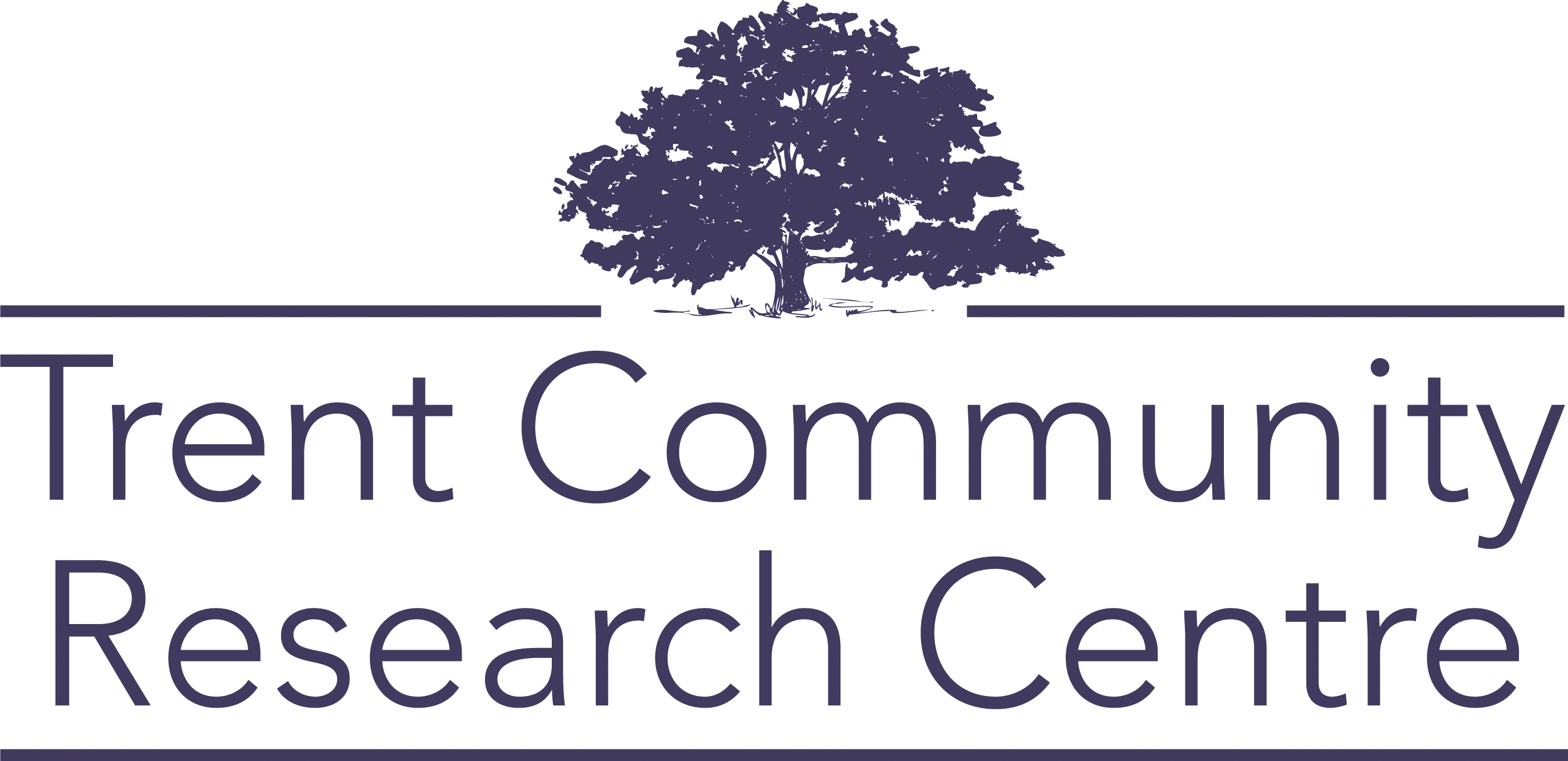Support impactful, community-engaged scholarship.
The Trent Community Research Centre is a bridge for faculty to enable community-engaged scholarship. We connect Trent students and faculty to community groups with research questions and offer support while students complete research projects for academic credit under the supervision of a faculty member.
Working with the Trent Community Research Centre (TCRC) offers faculty members a unique opportunity to contribute significantly to community-based research (CBR).
Here’s why faculty should consider supervising a CBR project through TCRC:
- Addressing Local Challenges
-
TCRC projects focus on real issues faced by communities. Faculty involvement allows for the application of academic expertise to address and solve tangible problems within the local context.
- Experiential Learning
-
Supervising CBR projects provides faculty with a platform to enhance students’ learning experiences through hands-on, experiential research opportunities.
- Building Strong Community Ties
-
Faculty engagement with TCRC fosters strong connections between academic institutions and local communities, promoting mutual understanding and collaboration.
- Building Collaborative Relationships
-
Faculty engaged with TCRC gain opportunities to network with other academics, community organizations, and stakeholders, fostering collaborative relationships
- Access Support from TCRC
-
TCRC offers project management and coordination services, consultation with students, connection to other university services, and more. Funds may also be available to cover research-related expenses.
 "For more than 25 years, students from Trent University have been working across the region to support the direct needs of community organizations, while learning critical workplace-ready skills. The TCRC works with our community partners to create achievable applied research projects and then supports our students in undertaking this work. These projects provide valuable experiences for Trent students to gain critical thinking and life-long learning skills that prepare them for successful careers and become engaged citizens. It is an opportunity that they will always cherish."
"For more than 25 years, students from Trent University have been working across the region to support the direct needs of community organizations, while learning critical workplace-ready skills. The TCRC works with our community partners to create achievable applied research projects and then supports our students in undertaking this work. These projects provide valuable experiences for Trent students to gain critical thinking and life-long learning skills that prepare them for successful careers and become engaged citizens. It is an opportunity that they will always cherish."
DR. MICHAEL KHAN
Provost and Vice-President Academic of Trent University
How to Get Involved
Offering For-Credit Community-Based Research
Faculty have multiple ways to integrate community-based research into their courses, enriching student learning while addressing community needs. These methods include the Capstone Model, the Independent Student Model, and incorporating assignments within courses.
Capstone Model
In a Capstone model course, a Faculty member oversees a class in which community-based research is the major learning goal and outcome. Classes often include regular seminars teaching relevant research and project management skills, and provide a sense of community for students undertaking community-based research.
Capstone courses are currently offered in Forensics, International Development Studies, Business, and School of Environment, and can be developed in other departments.
Independent Student Model
Akin to a Reading Course or Thesis, students enrolled in Independent Community-Based Research Projects work directly with a Faculty Supervisor who oversees their work. This approach to community-based research is available in any department not currently offering a Capstone course.
Assignments within Courses
Faculty may choose to offer community-based research as a mandatory or optional assignment within existing courses. Projects undertaken as assignments within existing courses align with the subject of the course, at the Faculty’s discretion. Faculty remain responsible for advising students in the research process.
Looking for Something Different?
The TCRC can consult with Faculty wishing to offer community-based research, advising on best practices and recommendations drawn from our prior experience supporting community-based research, and welcomes conversations on future partnerships.

“Community-based research is rooted in relationships. By working for and with community partners, everyone can benefit. We improve our researching, teaching, and learning. And the community partner can benefit from the ideas and work of students and faculty. But there’s a special responsibility to ensure this work puts the community’s interest first, and the TCRC and U-Links have a long history of doing this.”
STEPHEN HILL
Associate Professor, Director, Trent School of the Environment






